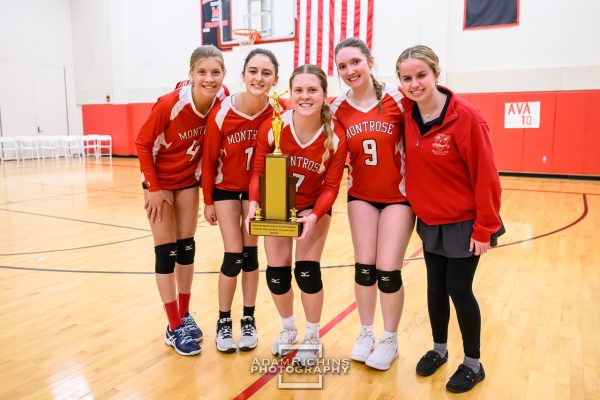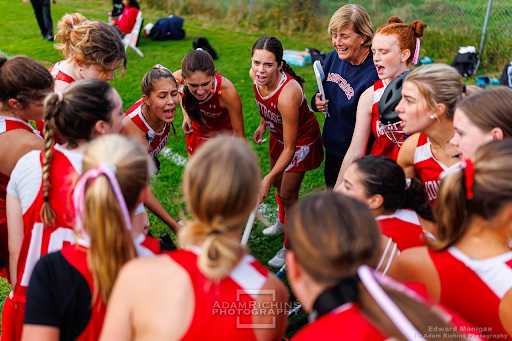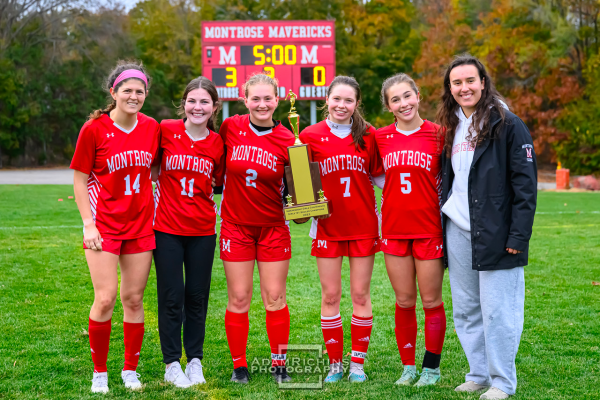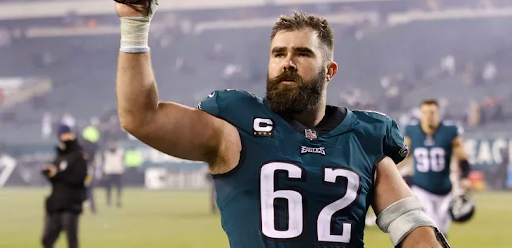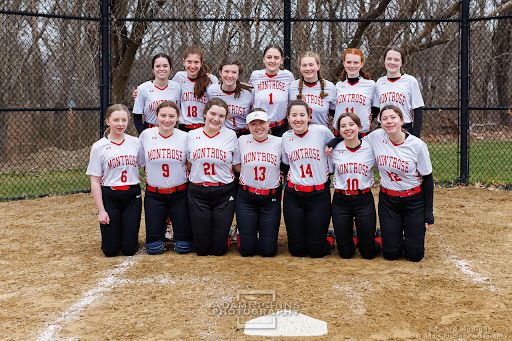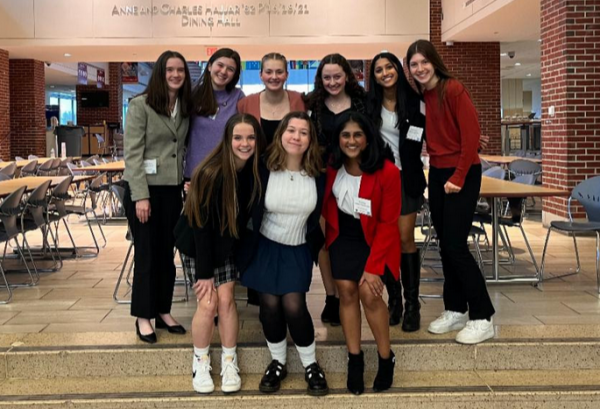A Win for USWNT: U.S. Soccer Agrees to Pay Settlement to End Equal Pay Dispute
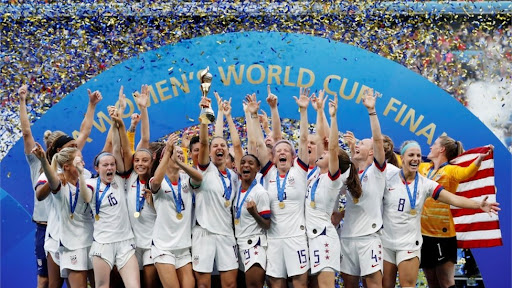
The USWNT won the World Cup in 2019, defeating the Netherlands 2-0.
After six years of arguing with the U.S. Soccer Federation about equitable pay for female athletes, the women (several current members of the National team and some former players) settled the dispute. The settlement marks the conclusion of one of the most paramount conflicts between U.S. Soccer and the USWNT.
The equal pay fight began in 2016 when five USWNT players, Alex Morgan, Megan Rapinoe, Carli Lloyd, Becky Saurebrunn, and Hope Solo, filed a complaint with the Equal Employment Opportunity Commission. On March 8, 2019, the players filed a lawsuit against U.S. Soccer for gender discrimination regarding compensation and working conditions. The athletes received smaller performance bonuses, appearance fees, and meal money than the men’s team while they were in training camps, and said that they earned as little as 40 percent of what players on the men’s national team were paid. Despite winning the World Cup four times and being one of the best women’s soccer teams in the world, the women still received significantly less than the men, who have never won the World Cup.
In April 2020, Judge R. Gary Klausner dismissed the players’ arguments. Despite this defeat, the players did not give up and vowed to appeal the decision.
Megan Rapinoe said: “I think you need to be loud and relentless and aggressive and nonstop, these institutions, as we know, don’t just change on their own. Until, whether it’s public pressure or sponsor pressure or member association pressure, until that particular pressure point is reached and poked incessantly until it’s no longer bearable, they’re not going to change.”
On February 22, 2022, the dispute ended when U.S. Soccer agreed to a settlement that included a $24 million payment and a promise to equalize pay between men’s and women’s national teams in all competitions including the World Cup. However, for this promise to be kept, the men’s team must agree to share or surrender millions of dollars in potential World Cup payments from FIFA. This is because the payments, which are set up by FIFA, are much larger for the men’s World Cup than the women’s.
If the negotiations with the men’s side succeed, the women’s team would receive millions of dollars to fund the next generation of USWNT. The push for equal pay has not only benefited the members of the U.S. women’s soccer team but also teams in different nations and sports. Norway, Australia, and the Netherlands are some of the countries whose soccer federations are committed to closing the gap between men and women. Additionally, other celebrities and athletes have reached out to support the USWNT’s fight for equal pay.
U.S. striker Alex Morgan commented: “I think it was just extremely motivating to see organizations and employers admit their wrongdoing, and us forcing their hand in making it right, the domino effect that we helped kick-start — I think we’re really proud of it.”
Cate Lynch ‘24, Sports Editor
24clynch@montroseschool.org






